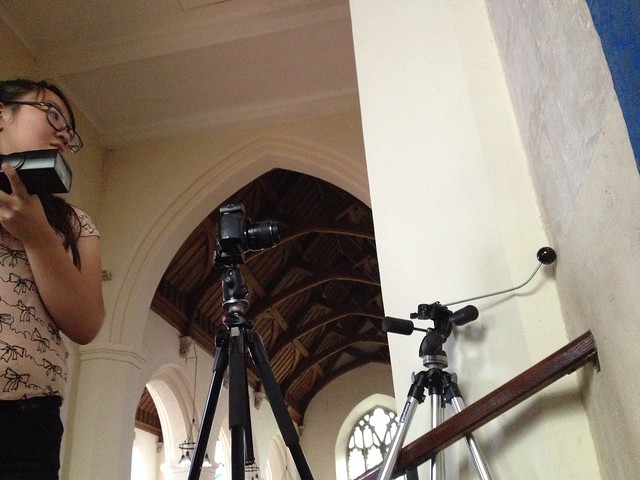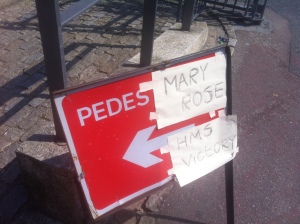
Put your phones away
This video came out a couple of years ago. It’s wordless, but it says a lot.
Of course, its nothing we haven’t heard before: people spend a lot of time in social situations looking at their smartphones. But they don’t really want to.
Lets cut to the chase. There are a LOT of companies out there selling (or trying to sell) smartphone based apps for visitors on site. But none of them are worth it.
Continue reading →









